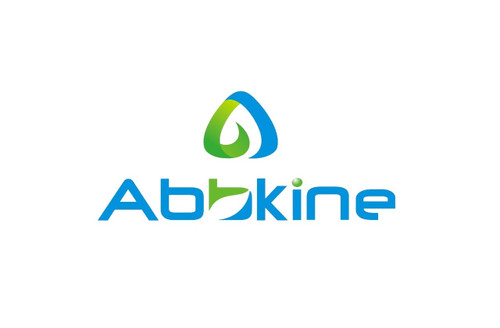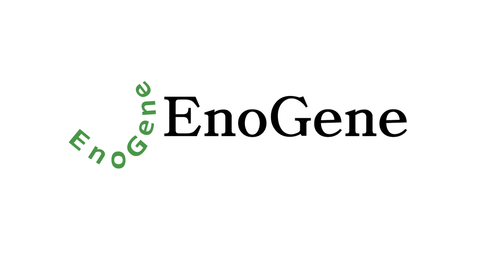Product Description
Mouse Renin (REN) ELISA Kit | AE22478MO | Abebio
Species Reactivity: Mouse (Mus musculus)
Abbreviation: REN
Alternative Name: N/A
Application: ELISA
Range: 3.12-200 pg/mL
Sensitivity: 1.31 pg/mL
Intra-Assay: ≤4.0%
Inter-Assay: ≤6.5%
Recovery: 0, 86
Sample Type: Serum, Plasma, Other biological fluids
Detection Method: Sandwich
Analysis Method : Quantitive
Test Principale: This assay employs a two-site sandwich ELISA to quantitate REN in samples. An antibody specific for REN has been pre-coated onto a microplate. Standards and samples are pipetted into the wells and anyREN present is bound by the immobilized antibody. After removing any unbound substances, a biotin-conjugated antibody specific for REN is added to the wells. After washing, Streptavidin conjugated Horseradish Peroxidase (HRP) is added to the wells. Following a wash to remove any unbound avidin-enzyme reagent, a substrate solution is added to the wells and color develops in proportion to the amount of REN bound in the initial step. The color development is stopped and the intensity of the color is measured.
Product Overview: Renin is a member of the aspartyl proteinase family produced largely in part by the juxtaglomerular cells in the kidney.Renin differs from the other members of this class by having a pH optimum near neutral pH region with native substrates instead of 2.0 to 3.4 This more neutral pH optimum allows it to be functional in the plasma. Renin also has very high selectivity for substrate due to quite long peptide recognition on either side of the peptide bond undergoing cleavage. An octapeptide substrate was the minimum length to be cleaved by renin. Renin plays a crucial role in the regulation of blood pressure and salt balance through the cleavage of angiotensinogen, which is the only known physiological substrate of renin.
Stability: The stability of ELISA kit is determined by the loss rate of activity. The loss rate of this kit is less than 5% within the expiration date under appropriate storage condition. The loss rate was determined by accelerated thermal degradation test. Keep the kit at 37°C for 4 and 7 days, and compare O.D.values of the kit kept at 37°C with that of at recommended temperature. (referring from China Biological Products Standard, which was calculated by the Arrhenius equation. For ELISA kit, 4 days storage at 37°C can be considered as 6 months at 2 - 8°C, which means 7 days at 37°C equaling 12 months at 2 - 8°C) .
 Euro
Euro
 USD
USD
 British Pound
British Pound
 NULL
NULL








